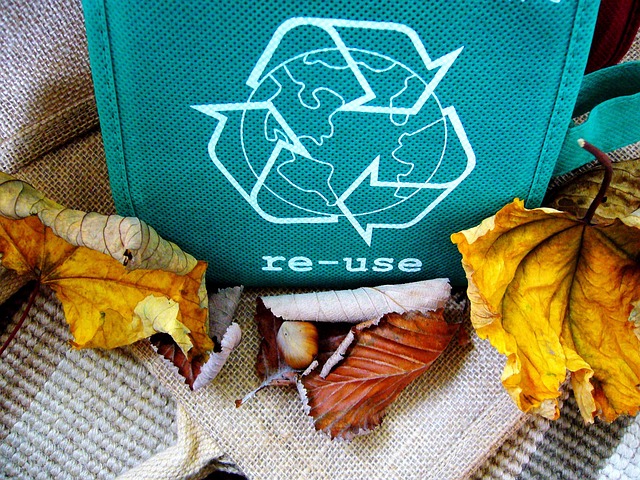The Importance of Banning Polythene for Environmental Protection

Polythene, commonly known as plastic, has become an integral part of modern life due to its versatility and convenience. However, its extensive use has led to severe environmental consequences. Banning polythene is a crucial step towards protecting our planet and ensuring a sustainable future for generations to come.
The Environmental Impact of Polythene
Non-Biodegradable Nature
Polythene is non-biodegradable, meaning it does not decompose naturally. It can persist in the environment for hundreds of years, leading to long-term pollution.
Soil and Water Pollution
Plastic waste contaminates soil and water sources. As polythene breaks down into microplastics, these tiny particles infiltrate ecosystems, harming wildlife and entering the food chain.
Threat to Wildlife
Animals often mistake polythene for food, leading to ingestion and entanglement. This can cause injury, starvation, and death for marine and terrestrial creatures.
Toxic Emissions
The production and improper disposal of polythene release harmful chemicals into the air, contributing to air pollution and health hazards for humans and animals.
Benefits of Banning Polythene
Reduction in Pollution
Banning polythene can significantly reduce pollution levels in oceans, rivers, and landscapes, promoting a cleaner and healthier environment.
Protection of Wildlife
By eliminating polythene waste, we can prevent countless animals from suffering due to ingestion and entanglement, thereby preserving biodiversity.
Healthier Ecosystems
Reducing plastic pollution helps maintain the balance of ecosystems, ensuring that plants and animals can thrive without the threat of toxic substances.
Mitigation of Climate Change
Decreasing polythene production and waste can lower greenhouse gas emissions, contributing to efforts against climate change.

How You Can Help
Support Legislation
Advocate for policies and regulations that ban or limit the use of polythene. Support initiatives that promote sustainable alternatives.
Choose Eco-Friendly Alternatives
Opt for reusable, biodegradable, and environmentally friendly products instead of polythene. Use cloth bags, glass containers, and metal straws. .
Reduce, Reuse, Recycle
Follow the three Rs to minimize plastic waste. Reduce your consumption of single-use plastics, reuse items whenever possible, and recycle properly..
Educate and Raise Awareness
Spread the word about the harmful effects of polythene and the benefits of banning it. Encourage others to adopt sustainable practices.
Conclusion
Banning polythene is not just an environmental necessity but a moral imperative. By taking collective action, we can protect our planet from the pervasive threat of plastic pollution and ensure a healthier, more sustainable future for all living beings. Let’s make a conscious effort to eliminate polythene from our lives and embrace eco-friendly alternatives for the sake of our environment and future generations.
